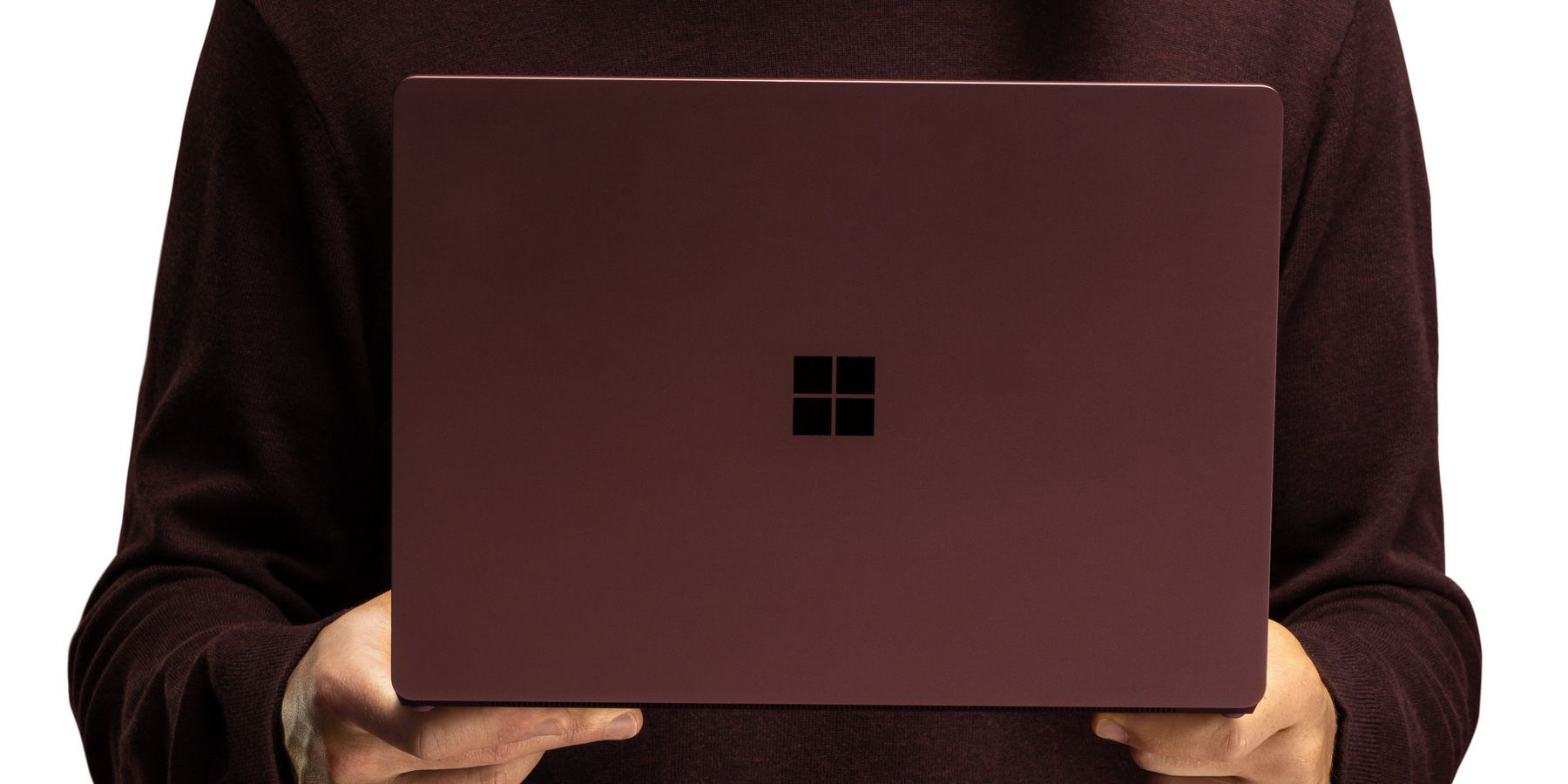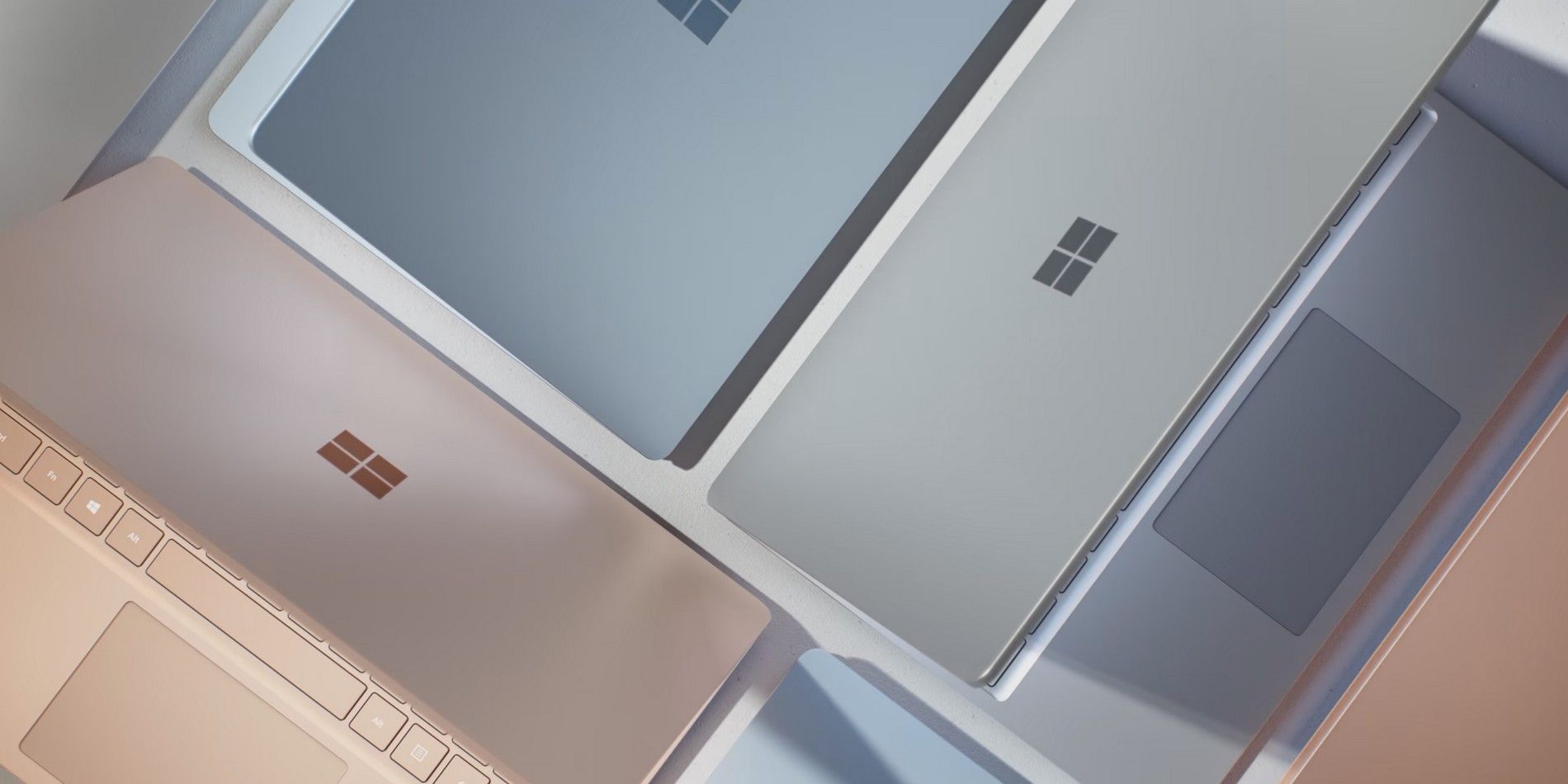Microsoft is reportedly planning to launch a low-cost 11.6-inch Surface laptop with Windows 11 SE as an alternative to Chromebooks in the education sector. Chromebooks dominate the education market, with Google’s OS commanding a huge lead over Windows-powered rivals, primarily due to the cheap prices and access to a wide ecosystem of cloud-based tools built for learning.
Microsoft’s plans to compete with Chromebooks in the education sector have been full of pitfalls. At one point, the company was developing Windows 10X as a tweaked version of its operating system tailored for dual-screen devices. Priorities were shifted, however, and Windows 10X was repositioned as a Chrome OS rival. Earlier this year, Microsoft officially confirmed that the release of Window 10X was not on the company’s roadmap for 2021 and that learnings from the project would be put towards other products and services.
It appears that Microsoft’s plans for a Chromebook rival are not dead yet. Microsoft is planning to launch a low-cost laptop packing a small 11.6-inch display with a resolution of 1366x768 pixels, according to Windows Central. Microsoft is reportedly targeting student use in a classroom setting and wants it to be as low-cost as possible. To achieve that, the company is going for a fully plastic exterior, eschewing the premium metallic build across its Surface portfolio of devices, as seen on the freshly launched Surface Go 3 convertible.
A Little Late To The Party, But There's Still Hope
Just like with the build, Microsoft is reportedly keeping things low-key in the internal hardware department as well. The upcoming Microsoft laptop is said to draw power from a quad-core Intel Celeron N4120 processor. Based on a 14nm process, this chip was introduced back in 2019. The device will feature a full-sized keyboard and trackpad, but likely won’t be of the same quality as seen on machines like the Surface Laptop 4 or even the Surface Laptop Go. There will also be 8GB of RAM. Although there is no word on the internal storage, and given the usual spec sheet for entry-level Chromebooks, Microsoft will likely go for the slower eMMC storage. A single USB-A and USB-C port, 3.5mm headphone/mic combo jack, and a circular charging hole round up the port selection. Codenamed Tenjin, the device will reportedly boot Windows 11 SE that has been optimized for deployment on low-end machines suited for the education market.
The education-focused laptop is expected to fall under the Surface brand umbrella and to be announced before the end of this year. There is no concrete information about pricing yet, but it is likely be priced below the $400 mark to stay competitive with low-cost Chromebooks. Microsoft aims to ship the device in bulk to institutions, which is a sign that the company will try to undercut Chromebooks or at least try to win buyers with its ecosystem of Office and other productivity solutions.
At the consumer level, the road ahead for a device like this won't be easy, as entry-level Chromebooks are readily available around the $250-300 mark, and sometimes even lower during online sales. The company may have also missed the pandemic sales rush that caused a switch to online learning and skyrocketed the demand for cheap computing machines. That said, if Microsoft can convince OEMs to adopt Windows 11 SE by playing the same licensing game as Chrome OS, it might actually reap the benefits.
Source: Windows Central


